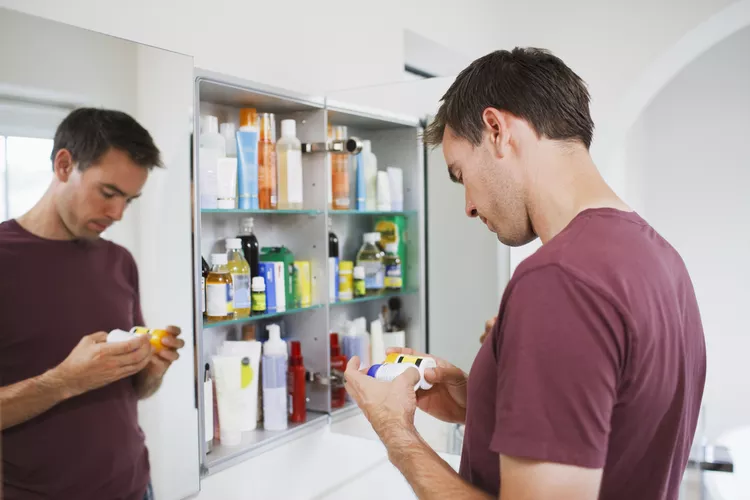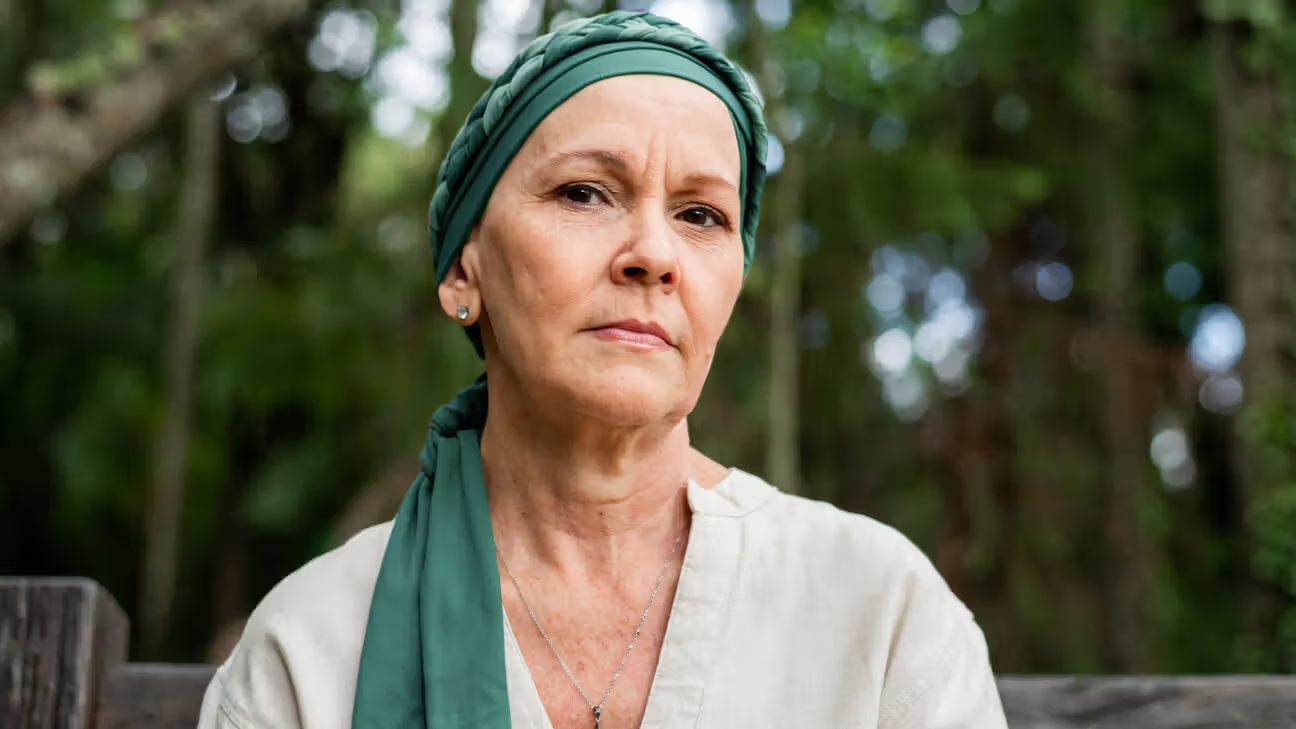
Storing medications in the bathroom cabinet can lead to unfavorable and potentially hazardous outcomes.
Bathrooms, known for their elevated humidity levels, pose a risk to the stability of medications. Shazia Zafar, RPh, a pharmacist from Lake Oswego, OR, warns against keeping medications in the bathroom, explaining that the humidity from showers can permeate and break down medicines. According to the National Library of Medicine, moisture and humidity can compromise the potency of medications or cause them to deteriorate before their original expiration date.
Maintaining a medication’s potency is crucial, as changes in potency can undermine the certainty of receiving the correct dose. Heat and moisture can particularly harm pills and capsules, altering their composition. For example, the change in atmosphere can break down aspirin into vinegar and salicylic acid, potentially causing stomach discomfort.
However, while bathroom humidity has the potential to impact medications negatively, it may not always occur. Lisa Gualtieri, PhD, an associate professor of public health and community medicine at Tufts University School of Medicine, notes that most homes have bathroom ventilation, which mitigates the impact of humidity. Michelle A Chui, PharmD, PhD, a professor in pharmacy administration at the University of Wisconsin-Madison School of Pharmacy, expresses skepticism about medicines spoiling in the medicine cabinet due to shower or bath moisture or general home humidity.
Understanding where medications are stored is essential, along with general safety tips to preserve the expiration and potency of medications.
Majority of People Don’t Properly Store Medication
In a 2021 study analyzing 154 U.S. households, only 23.3% stored all their medications appropriately. Among the 457 medications in these spaces, approximately 17% experienced temperature issues, 11% faced moisture problems, and 9% encountered both. A 2022 survey revealed that 31.9% stored medications in the kitchen, 28.9% in bathrooms, and 21.3% in bedrooms, with 31.7% leaving medications out on counters in these rooms.
The optimal location for storing medications varies based on their composition and form (liquid, gel, pill, etc.). According to Lisa Gualtieri, PhD, the key is integrating medication storage into one’s routine, making it more convenient to adhere to. She emphasizes the importance of tailoring the storage location to individual routines.
While considering safe storage practices is essential, the primary focus should be on storing medications in a place easily remembered by individuals.
Moisture and Temperature Are Key Factors
While having proper ventilation in the bathroom can contribute to better medication storage, it’s crucial to pay attention to both the moisture and temperature levels in this area.
The recommended humidity for storing medications is below 60%, yet a study found that bathroom humidity in surveyed households ranged from 33% to 100%. Additionally, the temperature of a space plays a significant role in medication storage. The ideal temperature for most medicines falls between 59 and 86 degrees, but bathroom temperatures in the study varied from 56.8 to 88.7 degrees.
Certain medications, such as antibiotics and insulin, are particularly sensitive to temperature fluctuations. For example, some forms of birth control, like the ring, require refrigeration. Relocating medications to kitchen cabinets, which are generally cool and dry, can be an improvement, offering the added benefit of being out of reach for young children.
Regardless of the storage location, it’s essential to keep medications in their original containers. These containers are designed to protect the medication from environmental factors, including reasonable humidity, as explained by Michelle A Chui, PharmD, PhD. Storing medications away from bright windows and areas affected by outdoor weather is recommended. Avoid spaces with fluctuating temperatures, such as those near ovens, and refrain from storing medications in cabinets above stoves or sinks. Refrigeration should only be considered if advised by the pharmacist, label, or package insert after opening.
Additional Factors to Consider When Storing Medications
While medicine cabinets present their own set of challenges, Michelle A Chui expresses more significant concerns about the potential impact of temperature changes during medication shipping, particularly with mail-order services.
Chui considers mail order to be a potentially risky method due to the uncertainty of packages being exposed to less-than-ideal temperatures during transportation and upon delivery. To mitigate these risks, she recommends using brick-and-mortar locations whenever possible.
When receiving medications by mail, especially those requiring refrigeration, Jennifer Young, PharmD, a medication safety specialist, emphasizes the importance of checking that the medication is cool to the touch upon opening. Some pharmacies include temperature tracker cards in their packages, alerting patients if the temperature within the compartment goes out of the recommended range.
Another aspect to be mindful of when storing medications is the potential risk of storing everyone’s medications together in a household, increasing the likelihood of accidentally taking someone else’s medicine.
Safe Medication Storage Practices
Experts offer some straightforward tips for safely storing medications:
- Follow Instructions: The primary guideline is to read and adhere to the instructions provided with the medication or on its packaging. Michelle A Chui emphasizes the importance of checking the expiration date on the bottle.
- Unpacking Safely: Properly unpack medications by removing items like cotton balls placed on top of the medication to prevent moisture absorption.
- Monitor Changes: Regularly check for any unusual alterations in your medication. Do not consume medications that have changed color, or if pills are harder/softer than usual, or if they are sticking together.
- Traveling Safely: When traveling, prioritize keeping pills in their original packaging to prevent light exposure. Shazia Zafar advises travelers to store medications in carry-on luggage and in their original containers to facilitate security checks.
- Pharmacist Consultation: Don’t hesitate to consult with your pharmacist for a review of your medications. Pharmacists can identify any abnormalities and provide guidance on optimal storage practices tailored to your specific medications.



